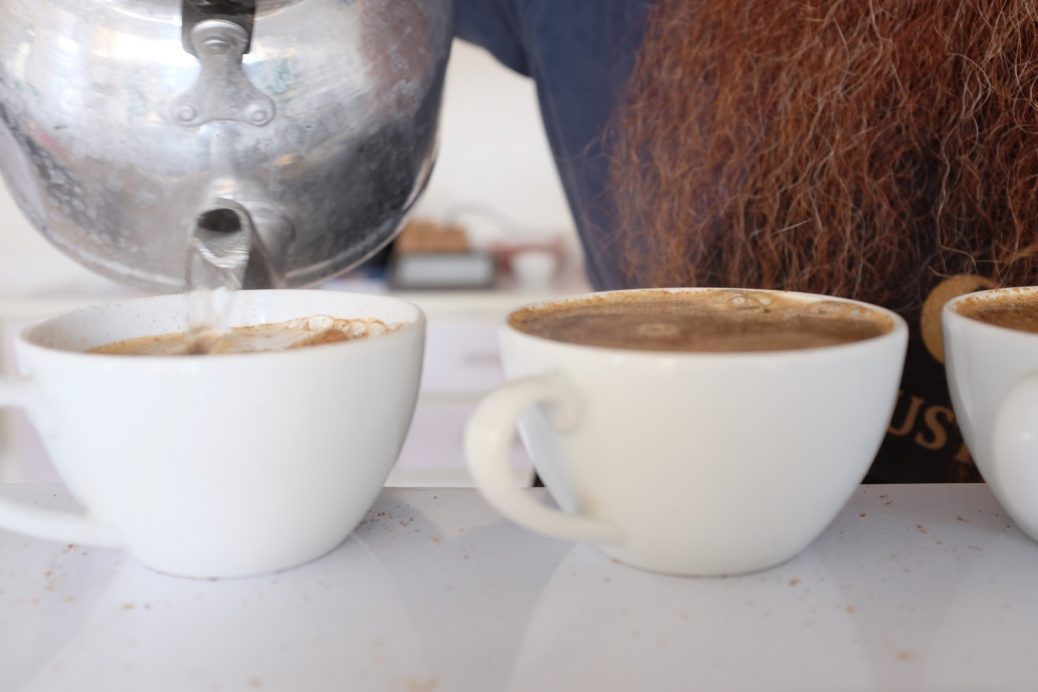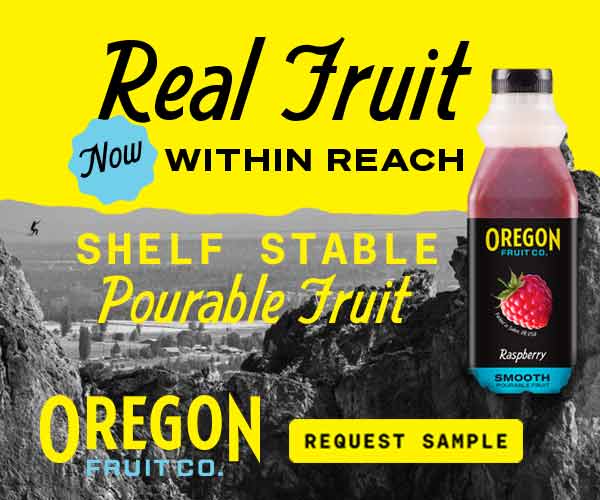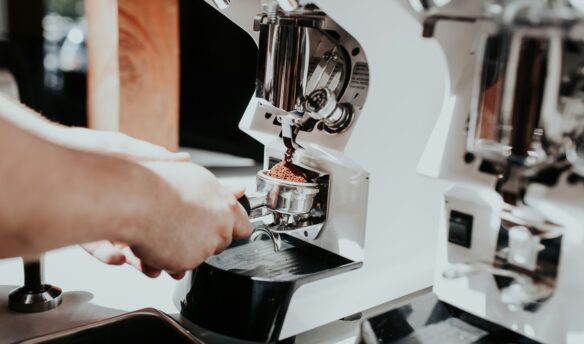Since November 2016, Emily McIntyre has been living in Ethiopia with her husband and five-year-old daughter, Eire. As part of their work with Catalyst Coffee Consulting, the McIntyres have been traveling around the country to partner with producers, mills, and processing/export professionals. Their efforts are focused on education, deepening relationships, and moving toward truly progressive Ethiopian coffee. Read more of her reports here.
[E]verywhere around the world coffee labs are pretty much the same: functional (for the most part). Brand names don’t matter too much—as long as you have a reliable sample roaster, lots of hot water with the proper TDS and mineral makeup, an excess of cupping vessels, sturdy tables, and a few other odds and ends, you can do outstanding quality control work.
The challenges arise when you work in developing countries. Michael has spent hundreds of hours in the quality control lab over the past four months. His routine is very similar at home in Portland: roast, cup, discuss, and do it all over again.
But what do you do when a construction worker cuts the main electrical line to the lab during the middle of a crucial sample roast because it’s “in the way”? And what about the generator, which needs to be refilled—by mouth siphon, five liters at a time, for three hours. What on-the-fly decision do you make when you realize somebody dropped the grinder, skewing the burrs out of true and unbalancing the motor? How do you respond to the realization the electrical current is running low and your sample roaster drum barrels are turning too slowly? What about the endless delays, the confusion, and the sheer challenge of communicating when both parties possess about ten words of each other’s language?
(Photos: Emily McIntyre.)
Well, you rant, and sometimes you storm out of the lab. And then you come back, you say “Sorry”, and you try again. And again.
Expectations must be adjusted. We’ve developed a rule of thumb: one day back home is a week here. Take what you think you can accomplish and divide it by four or five. That’s what you’ll do, if you’re lucky.
Still, the routine is the same. Michael has had the privilege of working closely with Azmara, the lab tech, with Mulageta, the former manager and trainer for CLU, and with Zelalem, Dominion Trading‘s relationships manager. Together, they’ve created a seamless team to knock out weekly coffee scores.
Each brings something to the table. Azmara is so short my five-year-old daughter comes to her shoulder, but her presence is huge. She’s one of the most efficient workers we’ve ever seen and takes a mop or a kettle from my hands with a chiding look that says, “Hey, let the expert do it.” Mulageta brings many years of traditional Ethiopian cupping experience. Zelalem has the chutzpah to stand by his cupping scores and a deep understanding of each one of DTC’s offerings. Michael leads the team in lively discussion on each coffee after each cupping.
Despite all these challenges, setbacks, and changes in expectations, Michael’s still eager every day to get to the lab and explore the incomparably beautiful coffees and enjoy the extraordinary people Ethiopia offers us.
More posts from Emily:
Week One
Week Two
Week Three
Week Four
Week Five
Week Six
Week Seven

















